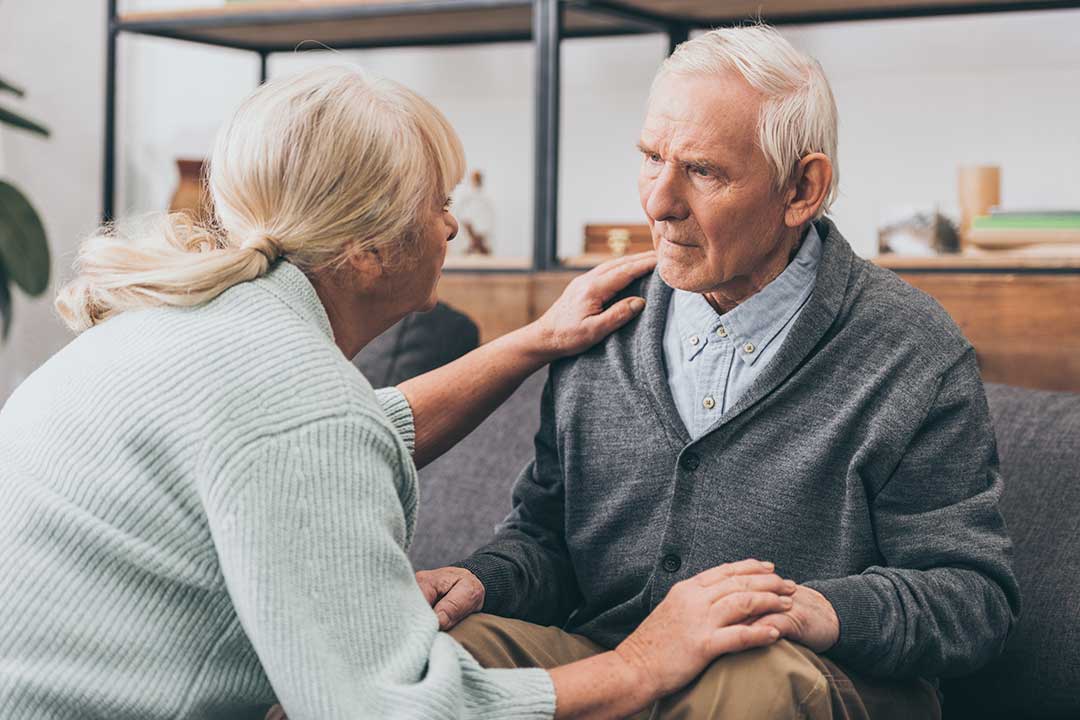5 Signs of Sundowning and tips for Family Caregivers

If you’re a family caregiver for a loved one with dementia, dealing with agitation or disruptive behaviors might be a fairly regular occurrence. Sometimes, particular situations or even times of day can trigger upsetting feelings for dementia patients. Seeing your loved one in distress can be extremely difficult, but there are steps you can take to help them cope.
What is Sundowning?
Individuals who deal with sundowning syndrome become confused, disruptive, agitated or restless at nightfall. Typically (but not exclusively), sundowning affects people with a dementia diagnosis. In fact, research suggests that up to 66% of individuals with Alzheimer’s disease experience sundowning. Sundowning is more common in the middle to late stages of dementia, although it can occur at any point.
What are the Signs of Sundowning?
- Increased restlessness. It’s common for seniors who experience sundowning to exhibit behaviors like pacing or wandering. They may also be resistant to any attempts to redirect or reduce this restlessness.
- Disruptive or aggressive behavior. Many seniors with sundowning syndrome become increasingly combative in their behaviors around nightfall. For example, they may refuse to take medication, or even yell and become physically aggressive.
- Hallucinations and delusions. Not all seniors experience hallucinations and delusions during sundowning, but it is possible. This element of sundowning can be particularly problematic, preventing seniors from getting the sleep they need.
- Talking about going ‘home’. Increased confusion can cause some individuals to talk about going ‘home’ or ‘home to their children’ during sundowning. This is quite common for seniors residing in an assisted living or skilled nursing facility.
- Anxiety, agitation or panic. Feelings of nervousness and agitation are common symptoms of dementia, but seniors who experience them more intensely before nightfall could be dealing with sundowning.
How can a Family Caregiver Help with Sundowning?
Whether your loved one is still living in their own home or resides in a skilled nursing facility, there are things you and their professional caregivers can do to help them deal with sundowning. Poor sleep hygiene has been identified as a potential contributing factor to sundowning, so encouraging them to get the best sleep possible can be helpful in managing this syndrome. Before implementing any new routines or strategies, seek advice and support from a professional caregiver or medical practitioner.
To aid their sleep and reduce symptoms of sundowning, try to:
- Create a calming bedtime routine. Implementing evening activities offering distraction or reassurance can be a great way to reduce the symptoms of sundowning. Keeping a regular, familiar routine may also help combat anxiety.
- Promote good sleep hygiene. Sleep dysregulation is thought to be a contributing factor when it comes to sundowning. Though this poor sleep quality is often caused by damage to the brain due to dementia, good sleep hygiene can help seniors get the best night’s sleep possible. Try to limit their caffeine and sugar intake later in the day and avoid stimulating activities like watching television.
- Increase morning exposure to light. It has been suggested that insufficient exposure to light early in the day may also contribute to sundowning, therefore using light boxes or turning on more lights in the morning could be helpful.
- Keep their pain under control. Being woken up by pain is a sure-fire recipe for a poor night’s sleep. If your loved one typically suffers from pain during the night, consult their doctor for advice. Their physician may be able to prescribe something to ease their pain, or recommend an over-the-counter medication.
- Introduce soothing therapies in the evening. Calming therapies like aromatherapy or music therapy can be a great way to provide comfort and reduce distress for seniors in the evenings.
As a family caregiver, seeing someone you love experiencing sundowning can be both upsetting and exhausting. While you learn how to navigate these episodes with them, be sure to honor your own needs, too. If your loved one is living at home and their sundowning behaviors have started putting you or them at risk, looking into expert skilled nursing facilities to help with their care could be a great way forward for both of you.
